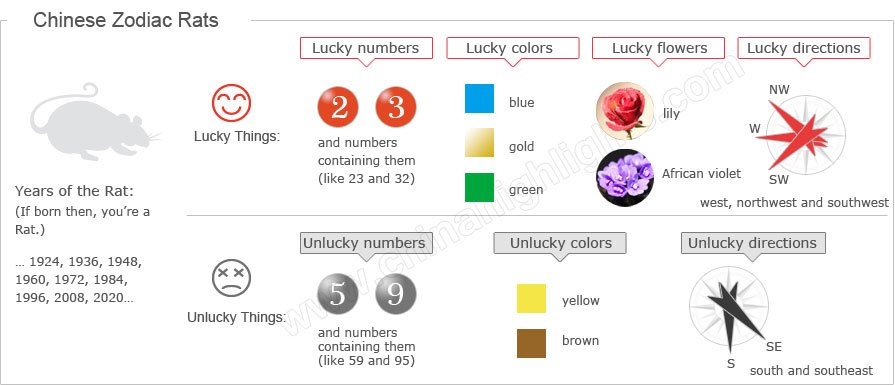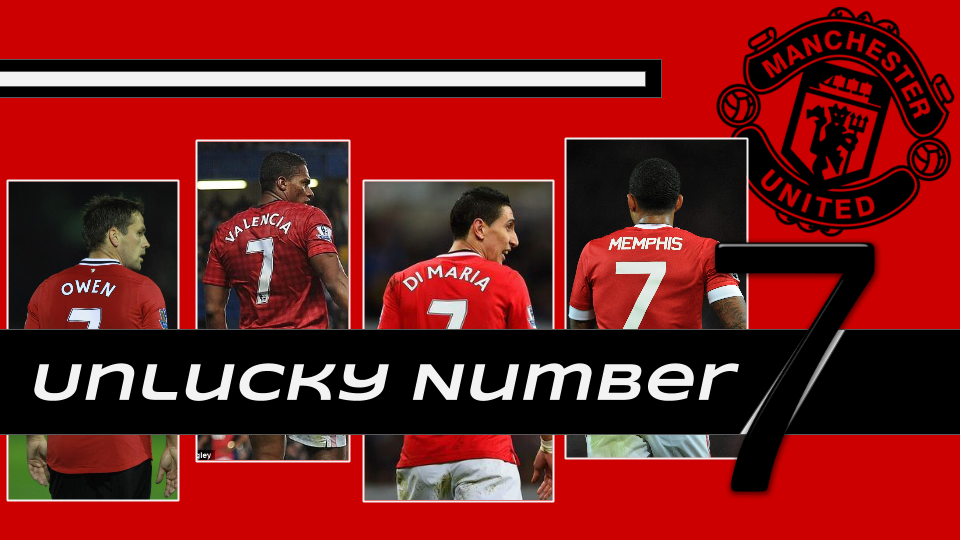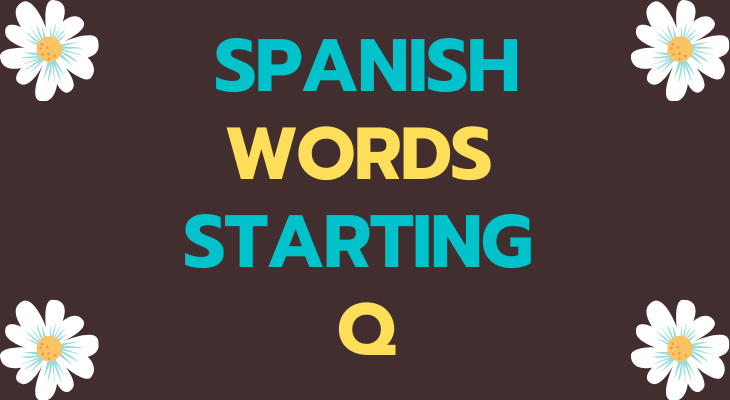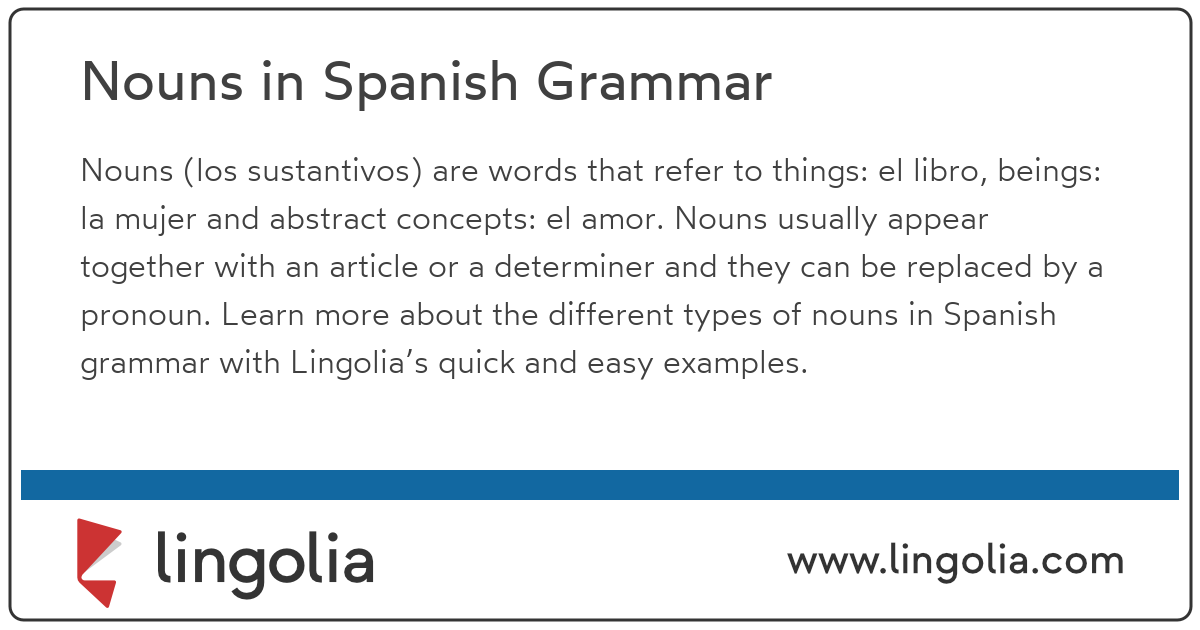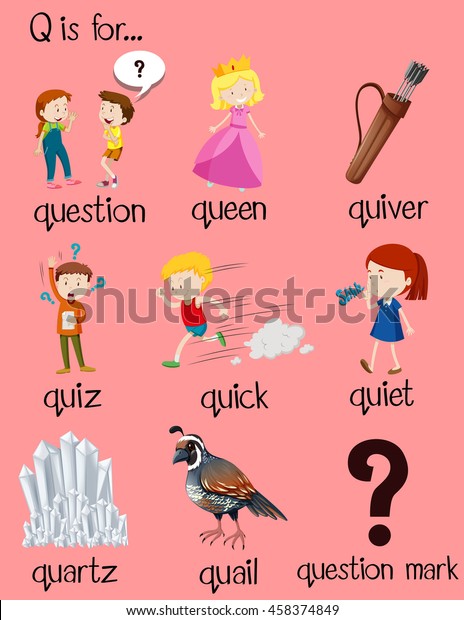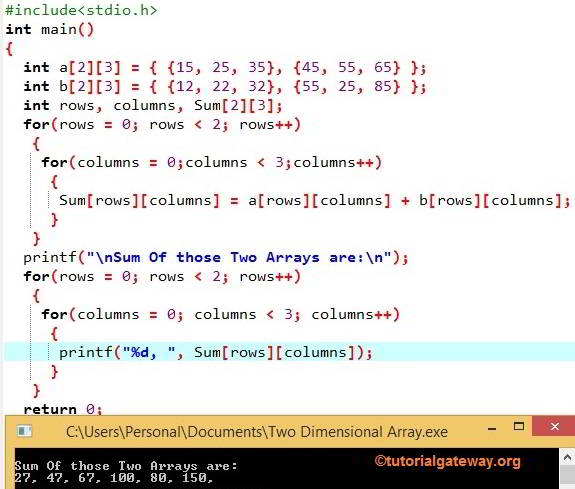Other numbers with different meanings in Chinese are 0,1, 2, 3, 4, and 5. Zero means everything or nothing because it is limitless. One means the first because it is the most simple number but also the most complex in Chinese culture. It has the meaning of beginning, loneliness, and single.
In most cases, Chinese people consider it a lucky number because things in China mostly come in pairs but otherwise people use the number to describe someone as stupid or dumb. Three is a lucky number because it sounds similar to birth. Number 3 is used a lot in Chinese history, culture and a lot more. There are Three Halls of the Forbidden City in Beijeng and there are three gorges in the Yangtze River.Five is a neutral number in Chinese culture. It is lucky because it's related to the emperor of China.
There are five blessings in China, wealth, happiness, longevity, luck and prosperity. Also in Chinese astrology, there are five elements such as metal, wood, water, fire, and earth. In mandarin, it has the same pronunciation of the word that means nothing in Chinese so it basically means that it has a negative meaning in Chinese. It also is used to say "I" because of the similar pronunciation in Chinese. In Chinese culture, lucky numbers can bring good luck and fortune to their life. Chinese people usually choose favorable numbers when important dates come around like choosing a date for engagement, a date for a wedding and choosing a date to buy a house.
Is 7 A Bad Luck Number In China 4 is well known to be an unlucky number because 四 sounds similar to 死 (sǐ), which means "death" in Chinese. People will go to extremes based on superstitions of the number 4. Houses and apartments that have 4 in the address number will sell for much less than ones without. Mentioning the number four to an ill family member is considered to be highly offensive, and giving anything with 4 on it to someone can be seen as a death threat.
Like 5, 7 has both positive and negative connotations in Chinese culture. For the positive side, 七 sounds like both 起 (qǐ), which means "start" or "rise", and also 气 (qì), which means "vital energy". Seven is also seen as a lucky number for relationships. The Qixi Festival (七夕節), also known as the Chinese Valentine's Day, falls on the 7th day of the 7th month in the lunar calendar. The 7th month is also known as the "ghost month" in China, where ghosts and spirits are believed to rise from hell to visit earth.
While ghosts may be seen as omens, the ghost festival in the 7th month is widely celebrated. 7 may also be considered unlucky because 七 sounds like 欺 , meaning "cheat". Every country and culture has its own superstitions, especially when it comes to numbers.
In the US, for example, the number 13 is considered bad luck, and it's why you'll rarely see a 13th floor in hotels and some taller buildings. On the other hand, the number 7 is considered lucky, especially when there are three 7s in a row. Certain numbers are considered lucky, and others unlucky.
The luckiest number in Chinese culture is eight, as the Chinese for eight sounds like the word for 'lucky'. Four, conversely is a very unlucky number as in Chinese it sounds like the word for death. Thus Chinese adhering to the customs try to avoid the number four in, for example, car number plates, house addresses etc. In China, it is customary to regard even numbers as being more auspicious than odd ones. So, gifts are given in even numbers for the celebration of all occasions.
No. 8 has long been regarded as the luckiest number in Chinese culture. With pronunciation of 'Ba' in Chinese, no. 8 sounds similar to the word 'Fa', which means to make a fortune. It contains meanings of prosperity, success and high social status too, so all business men favor it very much. Moreover, in some areas of China, people prefer to pay much more money for a telephone number with 8 in it.
They also favor residences on the eighth floor of buildings. In 1990s, a vehicle identification number with 8 was once auctioned off for 5 million Hong Kong dollars. Because of its negative association with death, most people consider this number to be so unlucky that many buildings in China do not even have a "fourth" floor.
The number 4 is also unlikely to appear on house/door numbers and car license plates. Whenever, possible, many people will also try hard to avoid choosing telephone numbers that contain the number 4. Is well known to be an unlucky number because 四 sounds similar to 死 (sǐ), which means "death" in Chinese. Did you know that if you press a Chinese elevator button to go to the 50th floor of a building, you may actually only be going to the 35th floor? This is because many buildings in China not only omit the 13th floor, but are also missing any floor containing the number 4, which is considered to be the unluckiest number in Chinese culture.
The Chinese have many superstitions about numbers, often related to similar-sounding words in the Chinese language, which are called homophones. 6 (六), pronounced liu, is considered lucky as it sounds like the word that means 'to flow', and can indicate smooth progress in life. Similar to 8, 6 is preferred in number plates and phone numbers. When a couple gets engaged, the man customarily offers a gift to the girl's family which is usually money and this gift signifies a harmonious life for the couple. In many East Asian cultures, including China, Korea, Japan and Taiwan, the number 4 is considered unlucky. If you step onto an elevator, you probably won't see a button indicating the fourth floor because most apartment buildings and hospitals skip the number altogether.
In Beijing, it's not even possible to get a vehicle license plate that has the number 4 on it. And in Singapore, a luxury carmaker had to change the name of the Alfa Romeo model 144 because citizens were scared to buy it. It's the same reason Nokia phone models don't start with the number 4. In conclusion words are very important in Chinese culture because they have different meanings.
Words have specific meanings and sometimes they are luck or unlucky. Such as the numbers four and seven are unlucky and Chinese people avoid those numbers often because they think it is bad luck to say those numbers. Just like in the United States the number thirteen is disliked by most people in America. The numbers six, eight, and nine are very lucky in Chinese culture because they all have specific meanings. For example, number six is lucky to them because it means "smooth" and they believe by saying that number it means to them that everything will go smoothly.
Number eight is lucky because it means "rich" so when Chinese people say the number eight they believe it means being rich or wealthy. Number nine is lucky because it means everlasting so they think they are everlasting when they say that number. And these are the lucky and unlucky numbers in Chinese. The result is a system of superstitions which regards certain numbers as bringers of good luck or of accidents. In Vietnamese culture, lucky numbers can bring good luck and fortune to their life.
The pronunciation of the number four in Japanese is very similar to the word death, and because of this, four has been considered bad luck in Japan, Korea and China. It is considered very bad luck to give a gift that is made up of four pieces to someone. Many buildings in heavily Asian areas do not have a fourth floor, much like the way North American cultures treat the number 13.
4 is renowned for being an unlucky number because it sounds similar to a word which means 'death' in Chinese. Just like the number 13, people will go to extremes to avoid the number 4, based solely on superstitions. For example, personal number plates, house numbers and product names with the number 4 in tend to be dodged. Often, numbers that are visible in the background of an image might be innocent in one country but provoke fear in another. For example, a photo of a soccer player with a big number 17 on his jersey might look fine to audiences in most parts of the world, but in Italy this number is considered very unlucky. In fact, at the winter Olympics in Turin, the 17th curve on the bobsled track was referred to as "Senza Nome" instead of referring to it with the unlucky number 17.
Also, make sure to check the number of people or items you are displaying in a given picture — the number can be viewed as unlucky in some markets. For some Vietnamese, it's considered bad luck to have 3 people in photos. In China, numerology is more than just a superstition, it's a lifestyle. 'Eight,' for example, is considered a lucky number, so lucky, in fact, that people will splash millions to have a string of eights on their license plates or in their phone numbers.
Culture Trip explores which numbers are good and which are bad and what that might mean for you. But the number four is considered unlucky because it sounds a lot like the word for "death," and as a result Chinese buildings often lack a fourth floor . Three lucky numbers are overrepresented on plate endings, with 12 or 13 percent each. Chinese' fondness for 8 can be seen in many other cases, such as house numbers, phone numbers, number plates, wedding dates, the date for opening a business, and so on. 8 is considered lucky and favored by Chinese because it holds meaning in both traditional and modern cultures. In Chinese culture, people believe that lucky numbers can bring them good luck and fortune.
Every culture has a number considered unlucky because of superstitions. The reason behind the fear of the number four, known as tetraphobia, lies in the way it sounds. As Max Chang wrote in a 2017 Next Shark article, the number 4 is unlucky for Chinese because the word is a homonym to a Chinese word for death. So imagine, having a phone number that begins with "444" sounds like death-death-death.
That is why the Chinese will request custom phone numbers for their businesses or homes, to avoid the number 4. On the other hand, it's considered fortunate if you have a phone number with an 8. 6 sounds like the Chinese word "liu" which means "flowing, smooth, or frictionless". As such, 6 implies that "everything will go smoothly" and is considered lucky especially if it comes in multiples. Thus, it is particularly appealing to business owners, who are willing to pay extra to occupy buildings at addresses containing the number 6.
Four is the unluckiest number in Chinese numerology. The romanisation of the number is 'si', which sounds scarily similar to the word 'si', meaning 'death'. As such, the number should be avoided at any cost.
The number is considered inauspicious in Japan and Korea as well, where the words 'four' and 'death' remain homophonous. 6 is pronounced "liu" in Mandarin Chinese, and this sounds like the Mandarin Chinese word meaning "flowing, smooth, or frictionless". Therefore, the number 6 has the meaning of "everything will go smoothly" and is considered lucky especially where it occurs in multiples. In feng shui, the number 6 represents authority and power. 3 (三), pronounced san, is considered lucky due to its similarity in sound to the word that means birth.
Additionally, this number represents the three stages in the life of humans - birth, marriage, death - that adds to its importance in Chinese culture. In China, lucky numbers have pronunciations that are similar to words with lucky meanings. Number 8 holds huge significance as a lucky number. To a lesser extent 2, 6, and 9 are considered lucky.
As well as these general number superstitions, fengshui and the Chinese zodiac dictate different number luck for different places/people. Thus, some buildings in East Asia omit floors and room numbers containing 4, similar to the Western practice of some buildings not having a 13th floor because 13 is considered unlucky. Where East Asian and Western cultures blend, such as in Hong Kong, it is possible in some buildings that the thirteenth floor along with all the floors with 4s to be omitted. Thus a building whose top floor is numbered 100 would in fact have just eighty one floors. Similarly in Vietnamese, the number 4 (四) is called tứ in Sino-Vietnamese, which sounds like tử (死) in Vietnamese. The numbers 3, 5, and 8 are generally considered to be lucky, while 4 is considered unlucky.
These traditions are not unique to Chinese culture, with other countries with a history of Han characters also having similar beliefs stemming from these concepts. They often used lucky numbers in their buildings and designs, while avoiding unlucky numbers. They also have a saying "good things come in pairs". Three - The number three is considered lucky because it sounds like the Chinese word for "birth". So if a cell phone number, a house number or the registration number of a car has the 8, people think it is a lucky sign.
The number 4 on the other hand, is considered unlucky. It is so because the number 4 in Chinese has the pronunciation similar to the word 'death'. 5sounds like the Chinese word for "not", indicating that tasks and goals may not be achieved. However, if combined with another unlucky number, it can bring a lucky effect, e.g. if combined with 4 to become 54, then it would mean "cannot die".
But if used together with a lucky number such as in 528, it would mean "no good fortune". In such cases, an understanding of the Chinese language would come in handy. Alternatively, the number 3 is generally considered lucky due to its similarity in sound to the word of birth.
This number represents the three stages of life of humans - birth, marriage and death, which adds to its importance in Chinese culture. But in cultures in Asia, the pronunciation of 666 sounds very much like the phrase, "things going smoothly," and it is considered to be very lucky. The numbers which exert a bad impact on one's life are called unlucky numbers.
Unlucky numbers depend on someone's belief or experience with that particular number. Your apartment number, your cell phone number, your license plate—all are avenues to invite good luck or protect against bad luck in Chinese culture. Chinese numerology is deeply rooted in symbolism and language.
